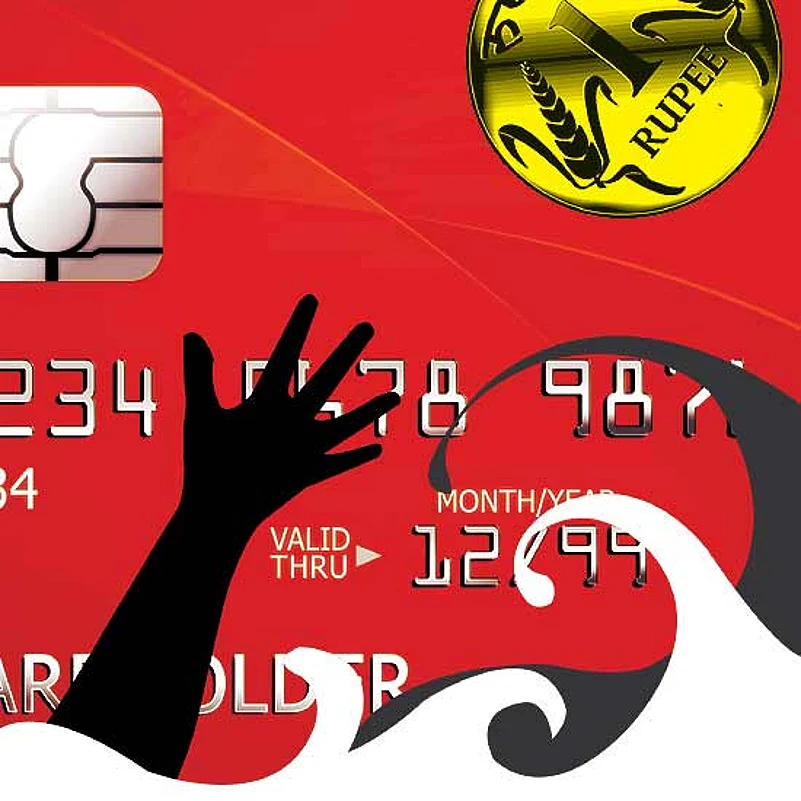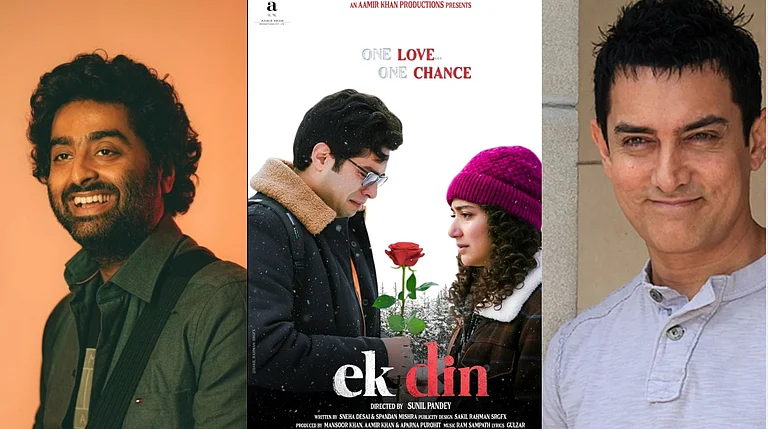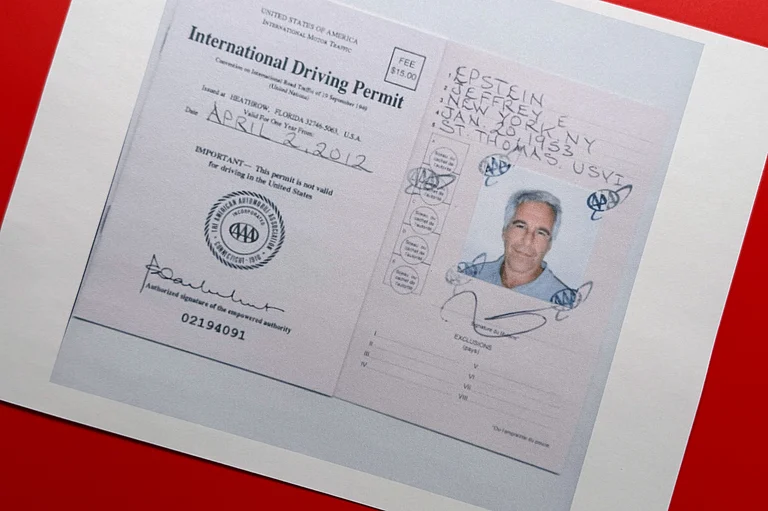Plastic money, that huge help, can be the most horrible embarrassment. Whenever I give my debit card to a shopkeeper or counter to be swiped, I do so in trepidation. If the frog-like machine stays cold and refuses to savour the slide, I am in distress. The moment of reckoning, of course, comes when the disgorged card is returned to me with “Sorry sir, the machine is not accepting your card”. My reactions of “But how?” and “I cannot understand” are of no interest to the person at the counter, who has turned by then to the next customer.
Having been told at the airport check-in counter that I had overshot my free baggage allowance and needed to pay Rs 700 for the excess, I went to ‘Excess Baggage’ to pay up.
“Can I pay by card?”
“Of course, sir. May I have it?”
“Here it is.”
The card is inserted into the frog’s smile. It is removed, reinserted. A colleague is called to cajole it. No luck.
“Sir, I am sorry, the machine is not supporting your card. Can you pay by cash?”
“Cash? Let me see. Oh no, I am sorry, I have only Rs 570.”
“We will accept that, sir.”
“Let me see if I can get the card to work on an ATM, draw the full Rs 700. Is there an ATM around?”
“Oh yes, sir, right there.”
The process is repeated. Only, the ATM is not half as polite. ‘Transaction invalid.’ I am glad to get my card back from its sullen jaws.
What is wrong? Two rejections on my account, which I know is not empty even if not replete. I empty my wallet of its entire contents and get my boarding card.
It is a low-cost flight. And it is lunch time. I know the feeling is wholly psychological, but am I hungry! If I had a wallet full of currency, I might have bought something to nibble, but the knowledge that my double fold of old leather has only a cold and twice-spurned card and pictures of my loved ones looking most anxiously at my sobered face, I try to camouflage the pangs of appetite with the pretence of sleep. But when the odds are against you, they are remorseless.
The in-flight announcements spell out the delicious fare that is to be sold and you are invited to look at the menu in front of your seat with pictures of the scrumptious victuals as well. By the time the stewardesses come round with the food-trolley selling the “delicious snacks and beverages”, I have given up trying to sleep, and attempt a brave gambit. Perhaps my travel agent has pre-booked a meal for me? The stewardess checks my boarding pass.
“No, sir, but may we sell you something from the trolley?”
“Thank you, not really. Could I have some plain water?”
“Of course, sir.”
My next-seat neighbour is then turned to. He orders a handsome meal. When asked “Sandwiches, corn chips?”, he is able to ask, “Do you have an option of flavours?”
“Yes, sir. Jalapenos, tomato.”
“Okay, any one of them.”
By this time, I have closed my eyes and am trying to sink into the deepest imaginable slumber. But I succeed only in closed-eye rumination. Easy, man, easy. You are not hungry, you are only distressed. This is what is called mental hunger. It is situated in your mind, not in your tum. And as to your purse, it is not empty. Wait till you land and your local ATMs will refill it. Your card, poor thing, can’t really be blamed. After all, it was in a new city.
I pull out my diary and pen and begin to write this. I have nothing else to do. There’s nothing else I can do. I have the time. I have no money. No phones or laptops receiving e-mail to distract me. I write because I have no choice. But yes, I must add this. Hope springs eternal.
As the stewardess comes round once more, it occurs to me to just check my lean wallet once more. Perhaps in some corner, against some unsuspected inside surface, lurks a neglected note. No, it does not. But in the coin pouch, I feel a roundness. A squat roundness. Hope! I unbutton it and retrieve its hidden treasure. I have found an old five-rupee coin. A more pleasant discovery I have not made in a long time.
This coin is unlikely to be able to purchase anything from a flight’s tariff of eatables or drinkables. But what a reassurance it brings! Its chunkiness restores my faith not just in my purchasing power, but in the monetary stability of our economy. The five-rupee coin is not one of those thin steel wafers with its value embossed so flat that you have to hold it up against the light to read. It is a proper disc, with the numeral ‘5’ stamped strongly on it, between two laurels, its rim thick enough to carry a sequence of vertical bars, making it a miniature of our pillared Parliament House.
The coin is my sole link with wealth, with the strength to buy a cup of honest coffee when I deplane. I even imagine the stewardess, as she comes round to collect my neighbours empties, smile at me inclusively.
And I am not hungry any more.


























